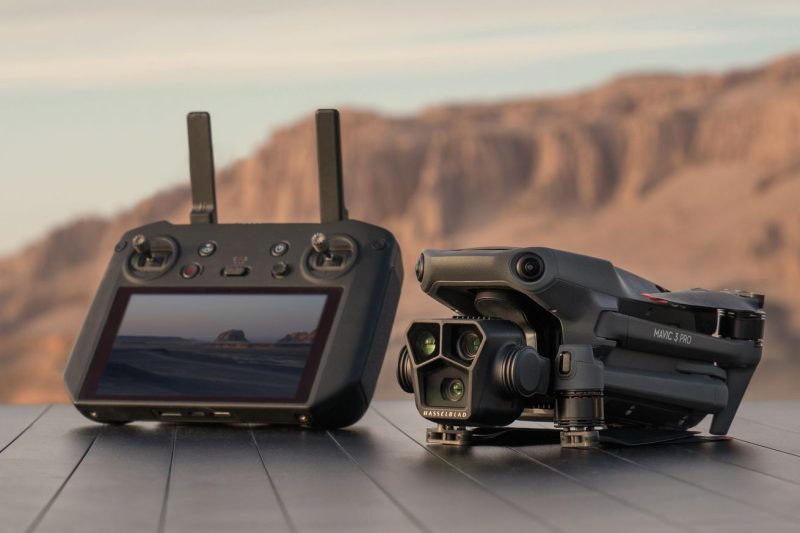In a surprising turn of events, DJI, the world-renowned drone manufacturer, has taken legal action against the US Department of Defense for categorizing the company as a Chinese military entity. This move follows the Department of Defense’s decision to include DJI in a list of companies with alleged ties to the Chinese military. The accusations have raised concerns within the tech industry and among drone enthusiasts worldwide, prompting DJI to challenge the Department’s claims through legal channels.
The controversy surrounding DJI’s alleged ties to the Chinese military stems from the company’s origins as a Chinese-based technology firm. DJI has become a dominant force in the drone market, offering a wide range of products for both consumer and commercial use. Its drones are known for their advanced capabilities, high-quality cameras, and user-friendly design, making them a popular choice for enthusiasts, filmmakers, and businesses alike.
Despite its global success, DJI has faced scrutiny from various governments over concerns about data security and potential ties to the Chinese government. The US Department of Defense’s decision to designate DJI as a Chinese military company has escalated tensions and raised questions about the company’s future in the US market. DJI has vehemently denied these allegations, stating that it operates independently and does not have any connections to the Chinese military.
The legal battle between DJI and the US Department of Defense highlights the complexities of navigating international business in an increasingly connected world. As technology continues to blur national boundaries, companies like DJI face challenges in managing their relationships with governments and regulatory bodies worldwide. The outcome of this lawsuit could have far-reaching implications for DJI, the drone industry, and future collaborations between Chinese tech firms and international partners.
In response to the lawsuit, the US Department of Defense has defended its decision to label DJI as a Chinese military company, citing national security concerns and the need to protect critical infrastructure from potential threats. The outcome of this legal dispute will likely hinge on the presentation of evidence and the interpretation of relevant laws governing international trade and security.
Ultimately, the lawsuit between DJI and the US Department of Defense underscores the delicate balance between innovation, security, and global cooperation in the tech industry. As the case unfolds, stakeholders will be closely watching to see how the legal system addresses the complex issues at play and how it may impact the future of DJI and other tech companies operating in the international arena.
